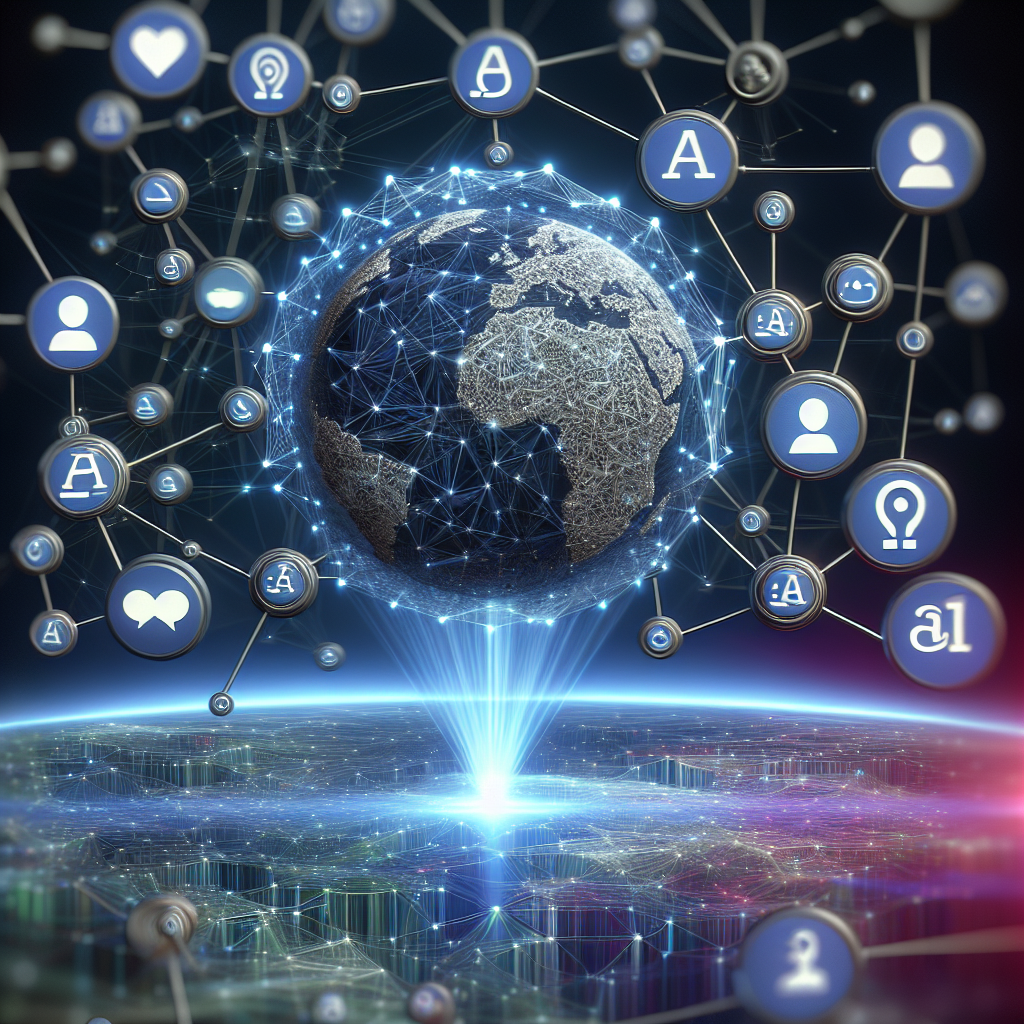In recent years, the rise of social media influencers has transformed the way brands market their products and services. These influencers, who have amassed large followings on platforms like Instagram, YouTube, and TikTok, have the power to sway consumer behavior and drive sales through their authentic and engaging content. But what if I told you that the future of social media marketing may not belong to human influencers, but rather to artificial intelligence influencers?
AI influencers are computer-generated personalities that are designed to look and act like real people. These virtual influencers are created using advanced technologies like machine learning, natural language processing, and computer vision. They can interact with users, create content, and even promote products just like human influencers.
The concept of AI influencers may seem futuristic and even a bit unsettling to some, but the truth is that they are already making waves in the world of social media marketing. Companies like Lil Miquela, Shudu Gram, and Blawko have millions of followers and have secured partnerships with major brands like Calvin Klein, Prada, and Samsung.
So, what exactly makes AI influencers so appealing to brands? Here are a few reasons why they are the future of social media marketing:
1. Consistency: Unlike human influencers who may have off days or personal issues that affect their content creation, AI influencers can consistently produce high-quality content on a regular basis. This reliability is a major selling point for brands looking to maintain a strong online presence.
2. Scalability: AI influencers can be easily scaled to reach millions of followers without the need for additional resources. This means that brands can potentially reach a much larger audience with AI influencers than with human influencers.
3. Customization: AI influencers can be programmed to align perfectly with a brand’s values, messaging, and target audience. This level of customization ensures that the content created by AI influencers is always on-brand and resonates with consumers.
4. Cost-effective: While hiring a human influencer can be expensive, working with AI influencers is often more cost-effective in the long run. Once the initial investment is made in creating the AI influencer, the ongoing costs are significantly lower.
5. Innovation: AI influencers have the ability to push the boundaries of creativity and innovation in social media marketing. They can experiment with new formats, technologies, and trends that human influencers may not be able to explore.
Despite these benefits, there are also some challenges and ethical considerations that come with the rise of AI influencers. One of the main concerns is the lack of transparency surrounding AI-generated content. Consumers may not always be aware that they are interacting with a virtual personality rather than a real person, which raises questions about authenticity and trust.
Additionally, there are concerns about the potential for AI influencers to perpetuate harmful stereotypes or promote unrealistic beauty standards. As these virtual personalities become more popular, it is important for brands to be mindful of the impact that AI influencers can have on society and to ensure that they are using their platform responsibly.
FAQs:
Q: Are AI influencers replacing human influencers?
A: While AI influencers are gaining popularity in the world of social media marketing, they are not necessarily replacing human influencers. Human influencers bring a level of authenticity and relatability that AI influencers may not be able to replicate. It is likely that both human and AI influencers will coexist in the future of social media marketing.
Q: How are AI influencers created?
A: AI influencers are created using advanced technologies like machine learning, natural language processing, and computer vision. These technologies are used to generate realistic-looking virtual personalities that can interact with users, create content, and promote products.
Q: Are AI influencers ethical?
A: The ethics of AI influencers are still a topic of debate. While some argue that AI influencers raise concerns about transparency and authenticity, others believe that they offer new opportunities for creativity and innovation in social media marketing. It is important for brands to consider the ethical implications of working with AI influencers and to ensure that they are using their platform responsibly.
Q: How can brands work with AI influencers?
A: Brands can work with AI influencers in a similar way to how they work with human influencers. This may involve partnering with a company that specializes in creating AI influencers, negotiating sponsorship deals, and collaborating on content creation. Brands should also be transparent with their audience about the nature of their partnership with AI influencers.
In conclusion, AI influencers are poised to revolutionize the world of social media marketing. With their ability to provide consistency, scalability, customization, cost-effectiveness, and innovation, AI influencers offer a new and exciting way for brands to engage with consumers online. However, it is important for brands to be mindful of the ethical considerations that come with working with AI influencers and to ensure that they are using their platform responsibly. As technology continues to advance, it will be fascinating to see how AI influencers continue to shape the future of social media marketing.

